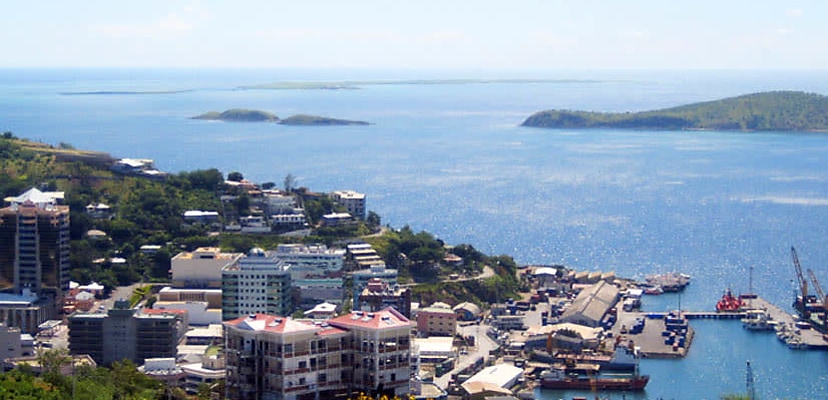Share this article on:
Powered by MOMENTUMMEDIA
Breaking news and updates daily.
The Digital ID Block announced in early May will support the secure and centralised management of identity services, the Department of Information and Communications Technology has announced.

The Papua New Guinean government has announced the creation of the Digital ID Block, a piece of infrastructure designed to “manage digital identity services for citizens”.
According to a government release, the new Digital ID Block will improve efficiency and security when managing digital identities, boasting enhanced identity verification, authentication, authorisation and data management capacity.
The Digital ID Block is a crucial first step before the PNG government unveils future digital services.
It will utilise the country’s national identification database as the primary source of data.
“The implementation of a Digital ID Block aims to streamline access to digital services, enhance data security, reduce fraud, and improve the overall user experience,” stated Secretary Steven Matainaho.
“It also fosters interoperability, enabling seamless integration with various government and private sector services.”
The department is undertaking consultation meetings across the public and private sectors.
The announcement comes months after the Australian Federal Police detailed its collaboration with law enforcement officials across the Pacific.
“The AFP has strong, enduring friendships across the Pacific, demonstrated through the sharing of resources and capability to ensure current and future security challenges and needs in the region are met,” Commander Pacific Melinda Phelan said in December.
“The role of the AFP in the Pacific extends beyond just having people on the ground. Our members are embedded in various communities, learning just as much as they are giving back.
“We are honoured to be so welcomed in these communities.”
The AFP’s Cyber Safety Pasifika (CSP) program also celebrated 10 years of operation.
In Vanuatu, the AFP worked with CSP to run a training workshop on cryptocurrency, and the CSP returned to Fiji, where it worked to raise cyber security awareness and educate vulnerable communities.
In Samoa, the AFP worked via the Samoa-Australia Police Partnership, where it established a range of law enforcement training programs educating local law enforcement about cyber investigations and drone training. In Fiji and Papua New Guinea, the AFP also helped boost the digital forensic capabilities of the Fiji Police Force and Royal Papua New Guinea Constabulary.
As a part of the Timor Leste Police Development Program, the AFP also opened a new Information Communications Technology Centre for the Policia Nacional de Timor-Leste, following damage to the old centre during floods in 2021.
Be the first to hear the latest developments in the cyber industry.